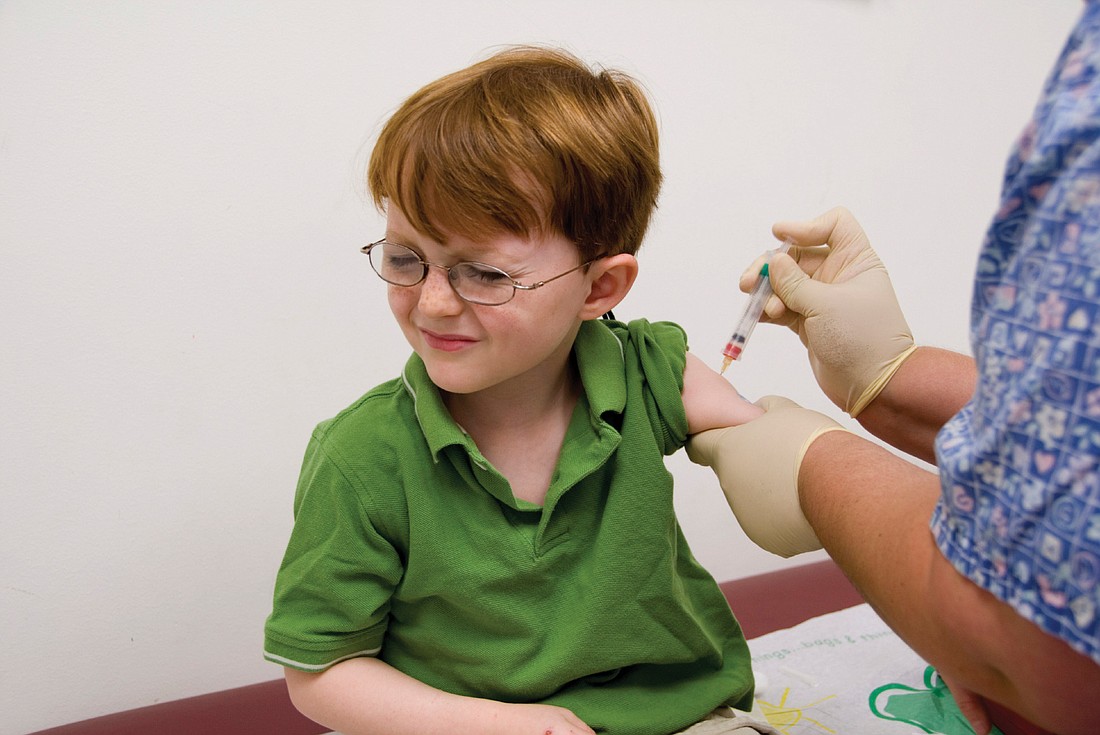- July 26, 2024
-
-
Loading

Loading

Who are all those people providing care to your loved ones? Several levels and types of professionals may be involved in the care. Most health care providers, including all nurses and physicians, are licensed by the state. It often “takes a village” to meet the needs of the patient and family. Ideally, everyone involved in a person’s care is part of an inter-professional team that builds on the strengths and perspectives of each person, including the patient and his or her family. Here’s some of the cast:
Home health aides, or HHAs, typically have two to three weeks of training provided by the agency they work for or at a community program. There is no HHA license. HHAs help patients with daily activities, such as bathing, eating, moving from a chair to a bed, taking blood pressure, and reminding patients to take their medicines.
Certified nursing assistants, or CNAs, have completed 120 hours of training, which includes 40 hours of hands-on experience. They must pass a skills test and a written exam in order to be licensed.
Licensed practical nurses, or LPNs, have a year of training and can give medications, change dressings, and supervise home health aides and certified nursing assistants.
Registered Nurses, or RNs, have earned a two-year associates degree, called an ADN, or a four-year bachelor’s degree in nursing, called a BSN, which included several clinical experiences. RNs have also passed a national exam, called the NCLEX. Some RNs earned a BSN in a one- to two-year second-degree program, after earning a bachelor’s degree in another field. RNs assess patients, give IVs, provide patient education, and provide patient care in hospitals, nursing homes, clinics, community, and home health.
Advanced practice registered nurses, or APRNs, called advanced registered nurse practitioners, or ARNPs, in Florida, have graduate degrees from a nationally accredited Masters of Science in Nursing or Doctorate in Nursing Practice program, which includes didactic education as well as clinical training. ARNPs are nurse practitioners, certified nurse midwives, or CNMs, and Certified Registered Nurses Anesthetists, or CRNAs. Clinical Nurse Specialists are also advanced practice nurses, but they are not recognized as APNs in Florida. ARNPs must pass a national certification exam. Nurse practitioners can provide primary care, including patient history and assessment, order and review tests, and prescribe most medications. Nurse anesthetists provide anesthesia during surgery. Midwives care for pregnant women and deliver babies. In every state except Florida, ARNPs can prescribe controlled medications, which include medications for coughs, seizures, and ADHD. In about half the states, and not in Florida, APRNs have professional autonomy; in Florida, they must work under a “collaborating” physician, which usually is a financial arrangement.
Physician assistants, or PAs usually have two to three years of education, usually after a bachelor’s degree, in an accredited program, which includes hands-on clinical experience. They are certified with a national exam. PAs can diagnose problems and prescribe treatment under the direction of a physician.
Physicians may be medical doctors, aka MDs, or doctors of osteopathy, known as DOs. Both MDs and DOs complete four years of graduate education and a three-year residency (usually in a hospital or health system, seeing patients under the guidance of experienced physicians) and must pass a national exam. Additionally, board-certified physicians have passed an examination in their area of specialty. Both MDs and DOs have professional autonomy to diagnose and prescribe treatments.
You and family members, with intensive on-the-job training, advocate for the patient, coordinate care, and make sure the patient’s needs and wants are addressed. It’s a team sport.
Dr. Nancy Rudner Lugo, local workplace nurse coach with HealthAction.biz, helps individuals and employees understand their health, make healthy choices and achieve their health goals. Send your questions to [email protected]